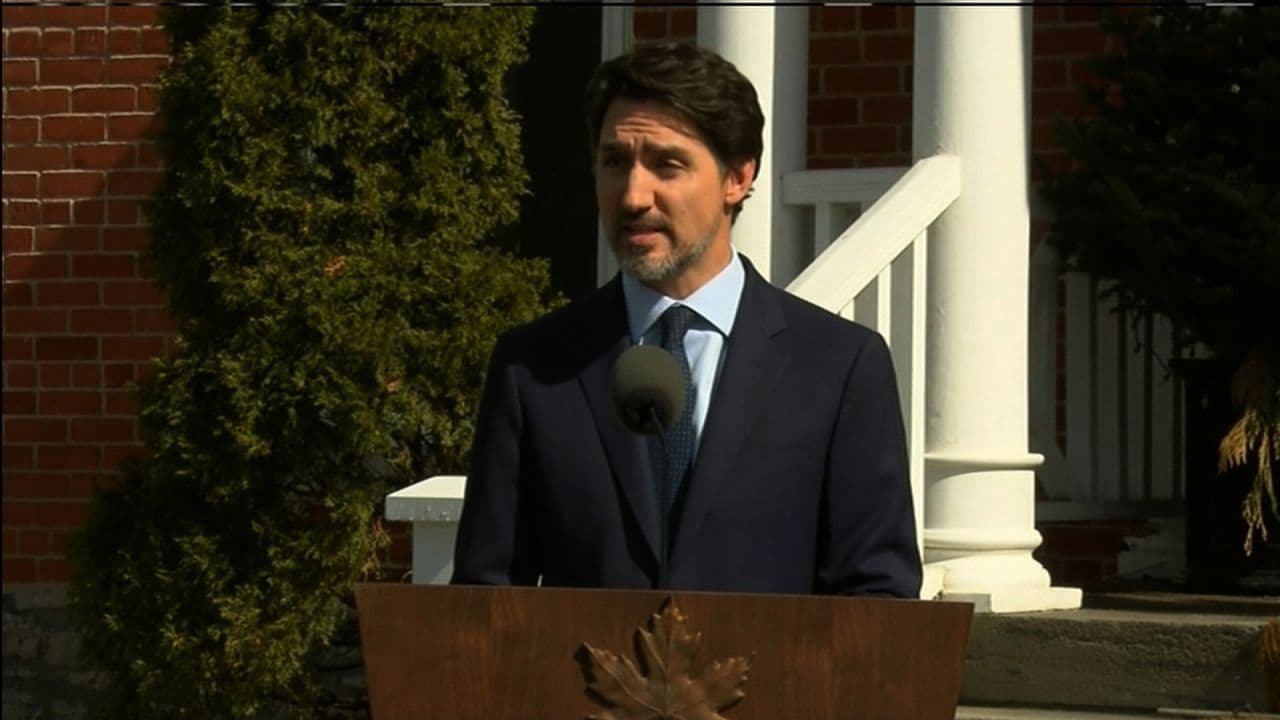The Canadian government is tightening its grip on consultant contracts, imposing a $20 million cap on time-based work that raises significant concerns for transparency and accountability. This shift comes as part of a broader strategy to overhaul procurement rules, which critics argue could stifle innovation and limit the government"s ability to effectively engage with expert knowledge in various sectors.
New Procurement Rules Raise Red Flags
In a move that has drawn mixed reactions, the federal government is implementing stringent new procurement rules aimed at controlling how it engages with consultants. As reported by The Hill Times, the introduction of a $20 million cap on time-based consulting work signifies a substantial shift in how public resources are allocated and managed. Critics from various sectors have voiced concerns that these changes may limit the capacity for the government to respond effectively to complex challenges requiring specialized expertise.
Impact on Innovation and Expertise
By capping consultant budgets, the government risks alienating valuable external expertise that could contribute to innovative solutions in technology policy, healthcare, and climate initiatives. According to the World Factbook, Canada prides itself on being a developed nation with a high standard of living, yet such restrictions on expert engagement can hinder progress. When the government limits the financial resources available to consultants, it also limits its ability to draw upon the best and brightest minds for guidance in tackling pressing societal issues.
\n\n
White House Announces Revolutionary Federal Procurement Overhaul – The ...
Transparency vs. Control
The debate surrounding these new procurement rules centers on the balance between transparency and control. Proponents argue that tightening procurement processes will reduce waste and ensure taxpayer dollars are spent wisely. However, this perspective overlooks the potential downsides—namely, a reduction in the diversity of thought and innovation that comes from a robust consulting ecosystem. As reported by Wikipedia, Canada’s multicultural fabric thrives on diverse inputs; similarly, its policy-making should benefit from varying expert viewpoints.
Long-term Consequences for Public Sector
The long-term consequences of these changes could be dire. By limiting the financial capacity for consultants, the federal government risks creating an echo chamber where only a narrow range of ideas are considered. This has particular implications for technology policy, where rapid advancements require agile and informed decision-making. A lack of access to diverse consulting expertise could ultimately hinder the government’s ability to implement effective digital rights and privacy protections, areas that have become crucial in our increasingly digital world.
Calls for Reform and Accountability
In light of these developments, advocacy groups are calling for reforms that ensure accountability without sacrificing expert input. The challenge lies in designing a procurement framework that allows for effective oversight while still encouraging innovation. As highlighted in various sources, including National Geographic, Canada is at a crossroads where the decisions made today about technology policy will shape the future of its economy and society.
The Canadian public deserves a government that values expertise and innovation, not one that restricts these vital resources in the name of control. As we navigate an increasingly complex global landscape, the path forward must prioritize collaboration with expert consultants to ensure that policies reflect the best available knowledge and practices.

![[Video] Anti-ICE Protester Pepper Sprayed as CBP Agents Disperse Crowd in Minneapolis](/_next/image?url=%2Fapi%2Fimage%2Fthumbnails%2Fthumbnail-1768260677127-y71sb7-thumbnail.jpg&w=3840&q=75)

![[Video] Several injured as U-Haul truck drives through Iranian protestors in Los Angeles](/_next/image?url=%2Fapi%2Fimage%2Fthumbnails%2Fthumbnail-1768176682028-q95y6j-thumbnail.jpg&w=3840&q=75)
![[Video] Scuffle breaks out between Trump supporters and Anti-ICE protesters in Times Square](/_next/image?url=%2Fapi%2Fimage%2Fthumbnails%2Fthumbnail-1768165958203-hgcgb-thumbnail.jpg&w=3840&q=75)


![[Video] Gunfire between Iraqi security forces and Sadr militias in Baghdad](/_next/image?url=%2Fapi%2Fimage%2Fthumbnails%2Fthumbnail-1768343508874-4redb-thumbnail.jpg&w=3840&q=75)
